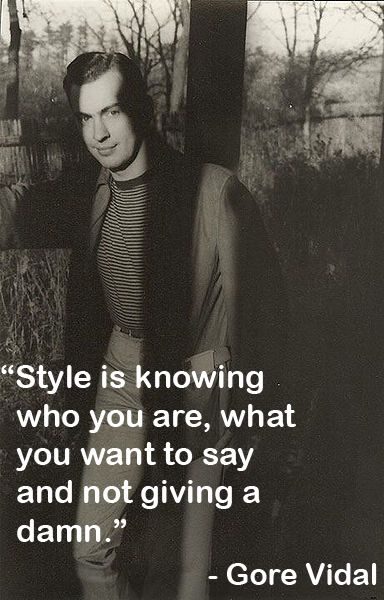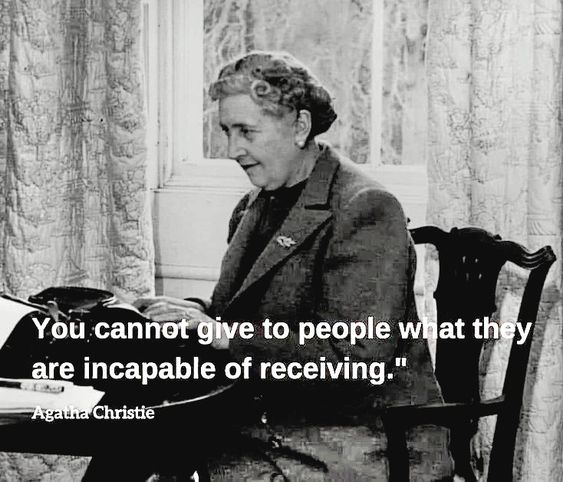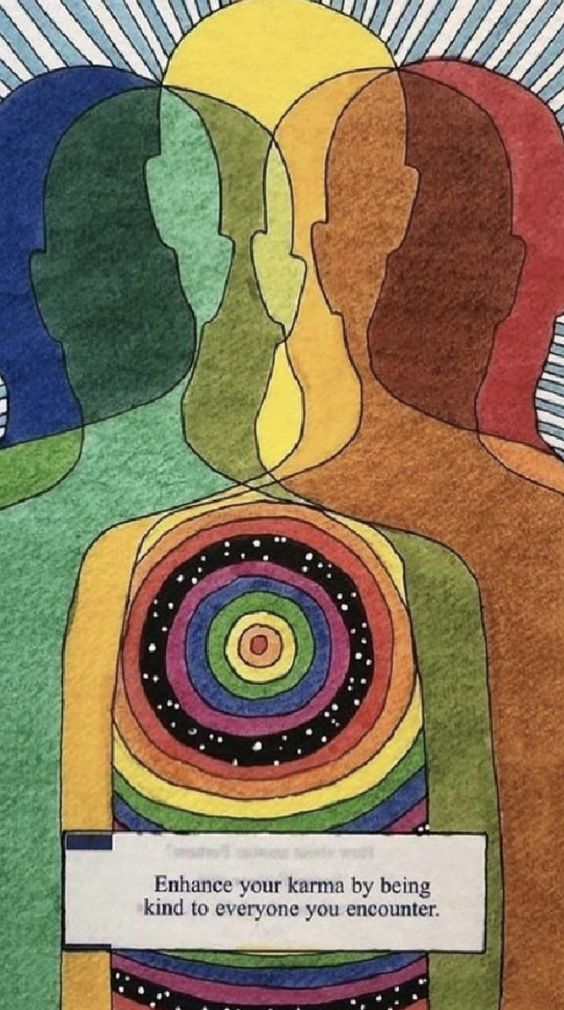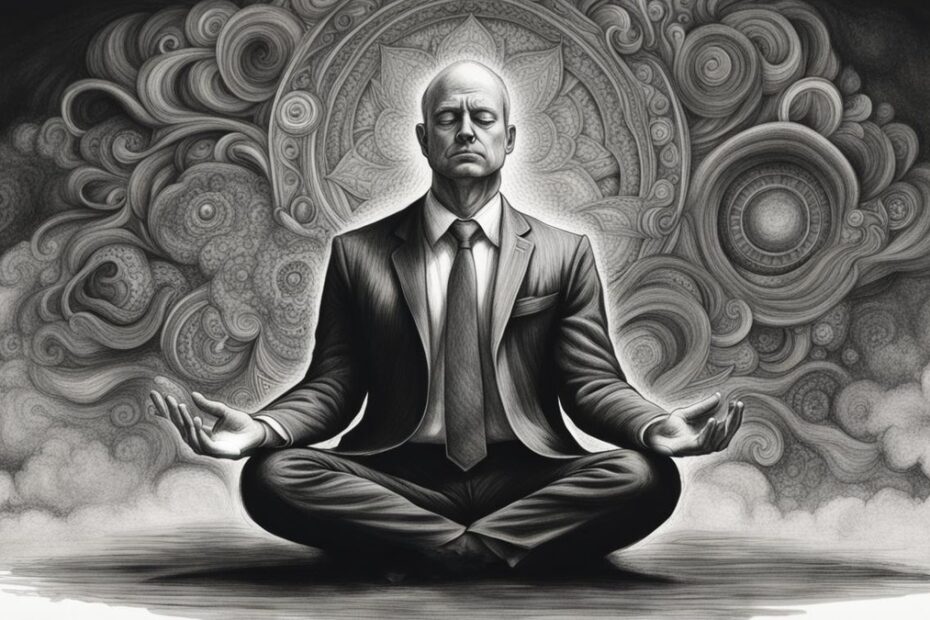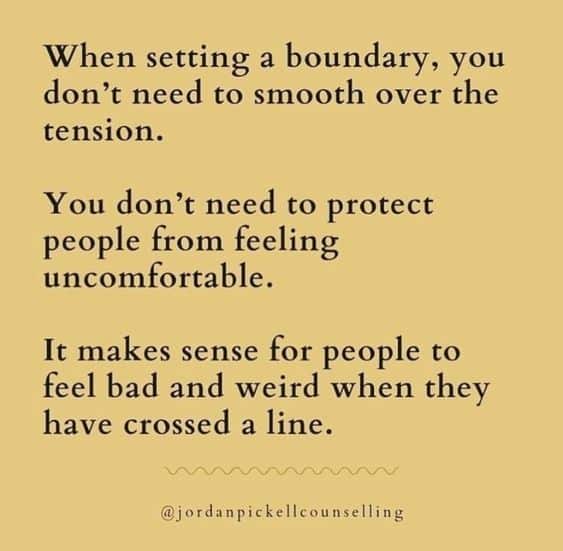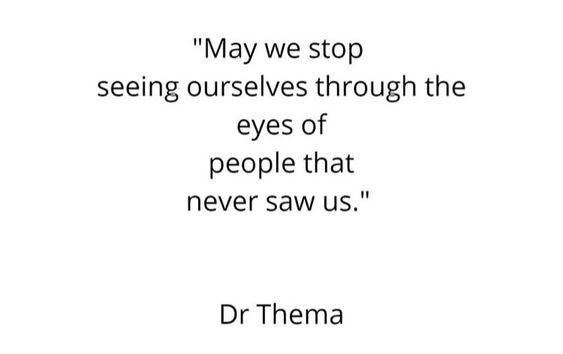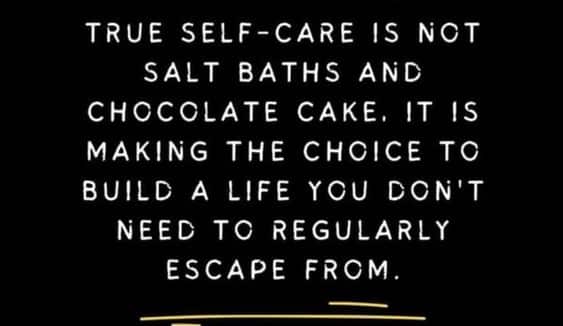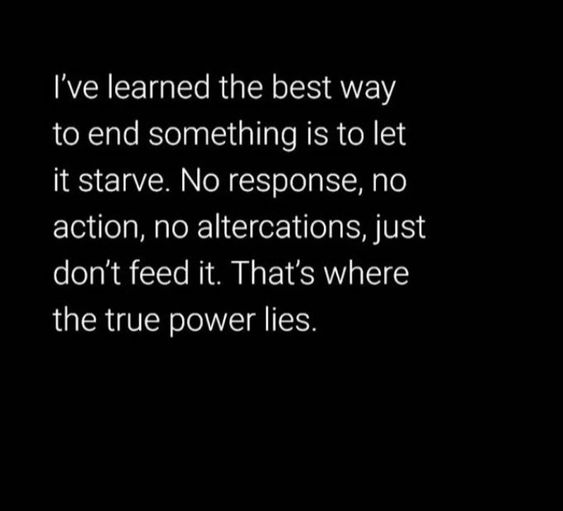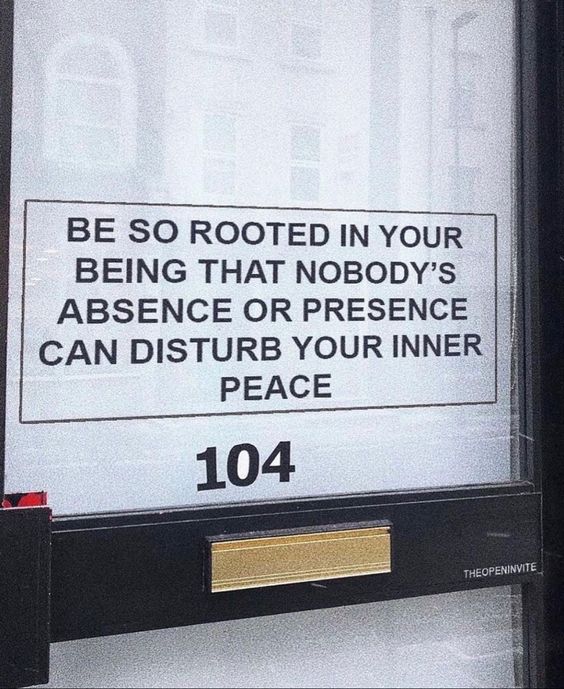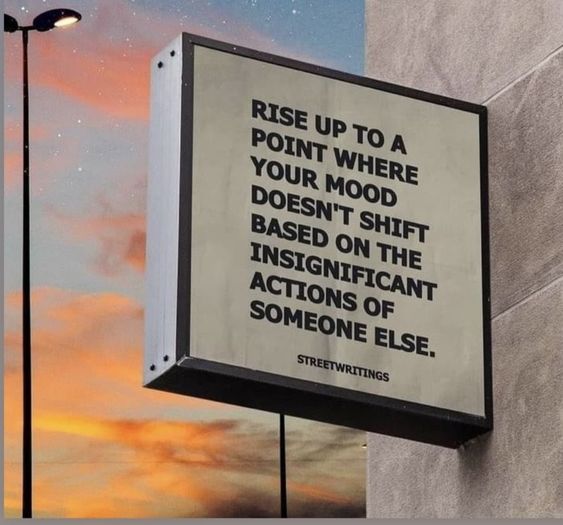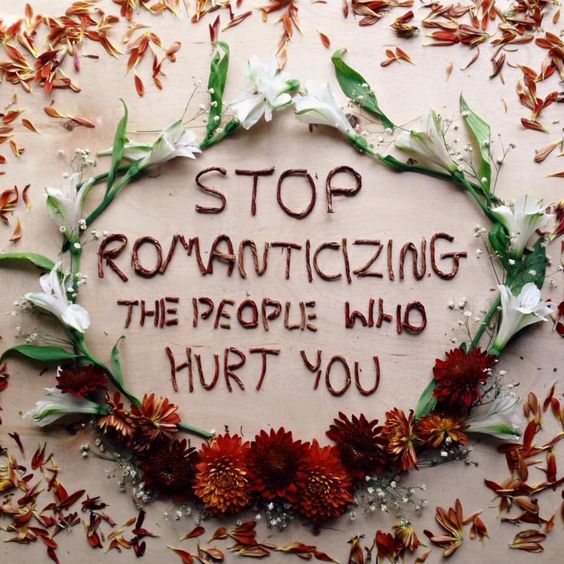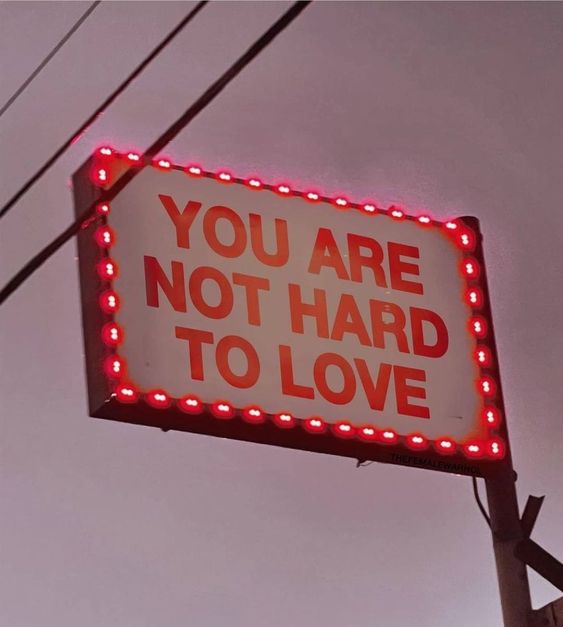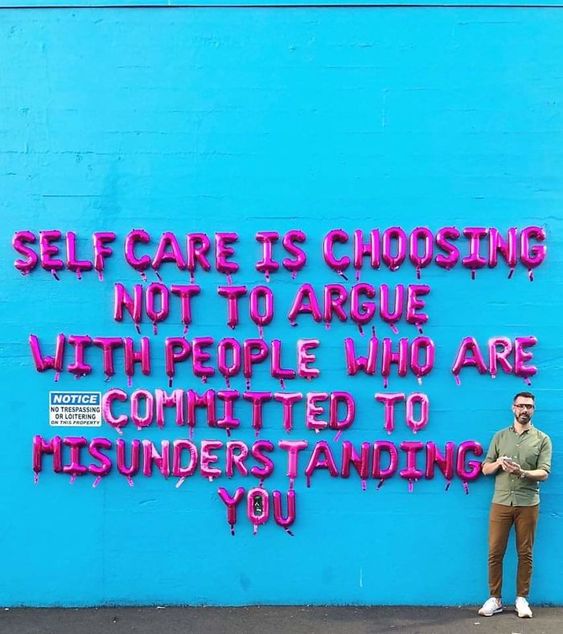Essentialism [Book]
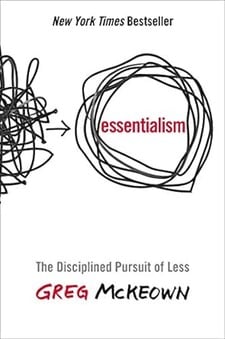
Book Overview: Essentialism is more than a time-management strategy or a productivity technique. It is a systematic discipline for discerning what is absolutely essential, then eliminating everything that is not, so we can make the highest possible contribution toward the things that really matter. By forcing us to apply more selective criteria for what is Essential, the disciplined pursuit of less empowers us to reclaim control of our own choices about where to spend our precious time and energy—instead of giving others the implicit permission to choose for us. Essentialism is not one more thing—it’s a whole new way of doing everything. It’s about doing less, but better, in every area of our lives. Essentialism is a movement whose time has come.
Post(s) Inspired by this Book:
23 Greg McKeown Quotes from Essentialism and How To Live Better Via Less
“What makes life worth living? No child asks itself that question. To children life is self-evident. Life goes without saying: whether it is good or bad makes no difference. This is because children don’t see the world, don’t observe the world, don’t contemplate the world, but are so deeply immersed in the world that they don’t distinguish between it and their own selves.”
Karl Ove Knausgard, Autumn
“The reason creativity wilts inside of us like a vase full of snipped wildflowers is the very same reason love fades. Somewhere along the line, we stop noticing. We can never stop noticing. The moment we stop noticing, we might as well be dead. We’re alive and breathing but we feel nothing at all. Creativity and love dies when we feel nothing at all. And so we notice so we we can feel because, in the words of Klinkenborg, noticing means thinking with all your senses.”
Cole Schafer
“Ambition is tying your well-being to what other people do and say… sanity is tying it to your own actions.”
Marcus Aurelius, Meditations
How Do I Know If Meditation Is Working?
Excerpt: Meditating is the act of, essentially, doing nothing. Which can feel totally counterproductive in our world. But, what if the opposite was true?
Read More »How Do I Know If Meditation Is Working?
“There is no perfect formula for healing. No precise amount of time that it takes to mend the heart and mind. With healing, time is not even the major factor. What matters most is that you are putting energy into unpacking, understanding, and unbinding the heavy conditioning and hurt that you carry. Through meditation, journaling, therapy, or intentional living, you will find a process that helps you feel renewed and lighter. Make sure that rushing or forcing is not part of your plan; quickness is not a sign of healing or strength. Let the ups and downs be a natural part of your journey, don’t fight the fact that every day will not be a great day. Let yourself breathe into each moment, keep directing your life with the magic of your intention, this will help you find your way…”
Yung Pueblo
